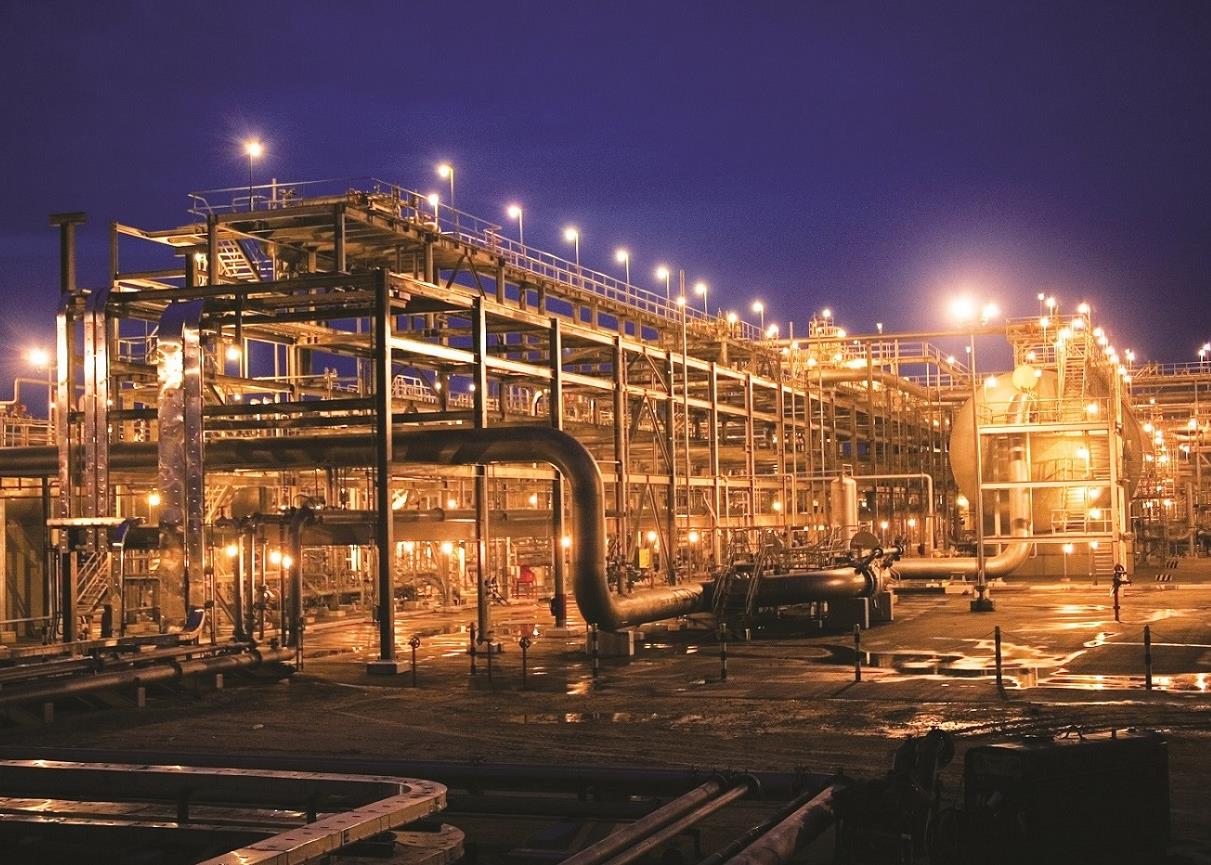
As part of an overhaul of its international services, the BBC has announced plans for a new Arabic-language TV channel. Nigel Chapman, director of the BBC World Service, explains the strategy behind the launch
As part of an overhaul of its international services, the BBC has announced plans for a new Arabic-language TV channel. Nigel Chapman, director of the BBC World Service, explains the strategy behind the launchAfter decades of being known for crackly shortwave listening in all corners of the globe, the BBC World Service has announced plans for its most far-reaching transformation since it began international broadcasting in December 1932 as the Empire Service.The plans include launching an Arabic television channel for the Middle East - which will be the BBC's first publicly-funded international television service - and putting extra investment into developing our websites and obtaining better radio distribution. The changes are audience-driven. It's audiences who now have greater choice. It's audiences who are consuming their news in different ways and using rapidly developing technologies to access it at the time of their choosing. And each media marketplace has its own unique characteristics to negotiate if you want impact. The choice is stark. You either reflect those trends or risk decline.The challenge is to maintain and build on our pre-eminent position as the world's leading international broadcaster, with more than 150 million listeners and online users a week, and make the changes within our existing grant-in-aid funding from the UK government. The geopolitical importance of the Middle East has made launching a BBC Arabic-language television service focused on news and information the top priority - but requires the re-allocation of resources to help pay for it. Part of the funding will come from the closure of 10 language services - mainly in Europe.I believe the case for launching a BBC World Service-run Arabic-language TV service in 2007 is compelling. It will initially broadcast for 12 hours a day and be available free to anyone in the Middle East with a satellite or cable connection.Repeated audience research over the last three years in seven Middle East capital cities indicates that 80-90 per cent of those surveyed would be either 'very likely' or 'fairly likely' to use the service - with respondents citing the trusted nature of the BBC brand, its independence and strong record in news coverage.It will draw on more than 66 years of BBC radio experience of covering the region in Arabic and from our more recently introduced online Arabic service - and be supported by the world's most extensive newsgathering operation: 250 correspondents reporting from 50 bureaus giving a global rather than purely regional perspective.And the BBC will be the only tri-media international news provider offering high-quality, impartial, independent and trusted news and current affairs on television, radio and online in the Arabic language.Throughout all these changes the overall core aims of the BBC World Service will remain the same: to provide quality news and information that people trust, which stands out for its independence, authority and objectivity; and to be an open forum for global debate. Our new services on television and in new media will be judged by those values just as their distinguished predecessors have been.Broadcasts on English-language radio will remain a cornerstone of our output, with a strong emphasis on explanation, context and analysis and on-the-spot reporting - offering a global view of events, trends and culture - via news, magazine and documentary programmes. Radio is still our prime way of reaching audiences. However, in the rapidly developing digital age, audiences are no longer enamoured with the hiss and buzzes of shortwave listening associated with the BBC World Service in the past. Shortwave still matters in many parts of rural Africa and Asia, but where listeners have a choice they prefer the clear audibility of FM radio. We've not been slow to embrace this technology. Nearly a third o
You might also like...

Aramco allows more time for MGS package revised prices
18 April 2024

Morocco tenders high-speed rail project
18 April 2024

Egypt resumes power cuts
18 April 2024

Petrofac awards carbon capture sub-contract
18 April 2024
A MEED Subscription...
Subscribe or upgrade your current MEED.com package to support your strategic planning with the MENA region’s best source of business information. Proceed to our online shop below to find out more about the features in each package.




